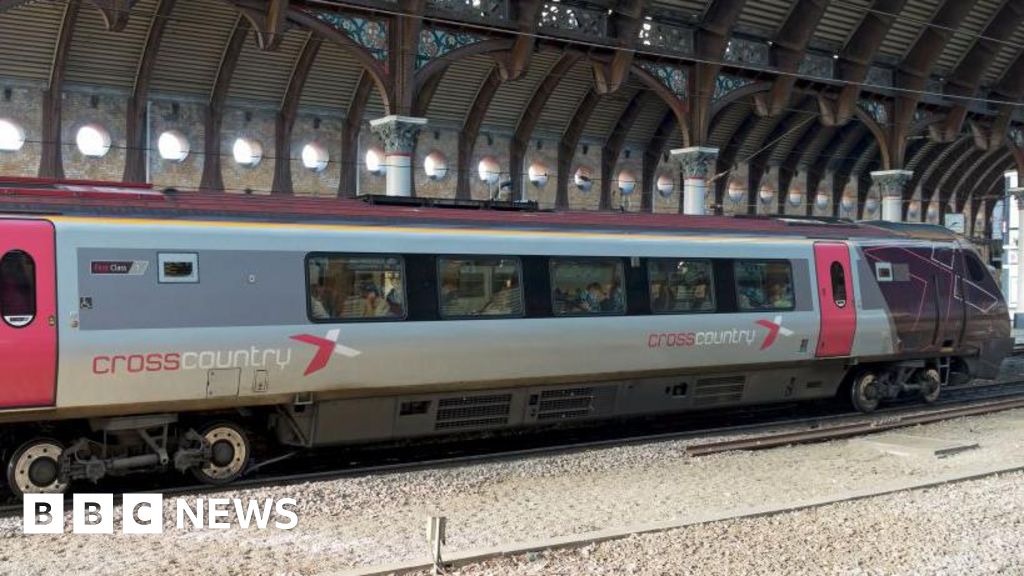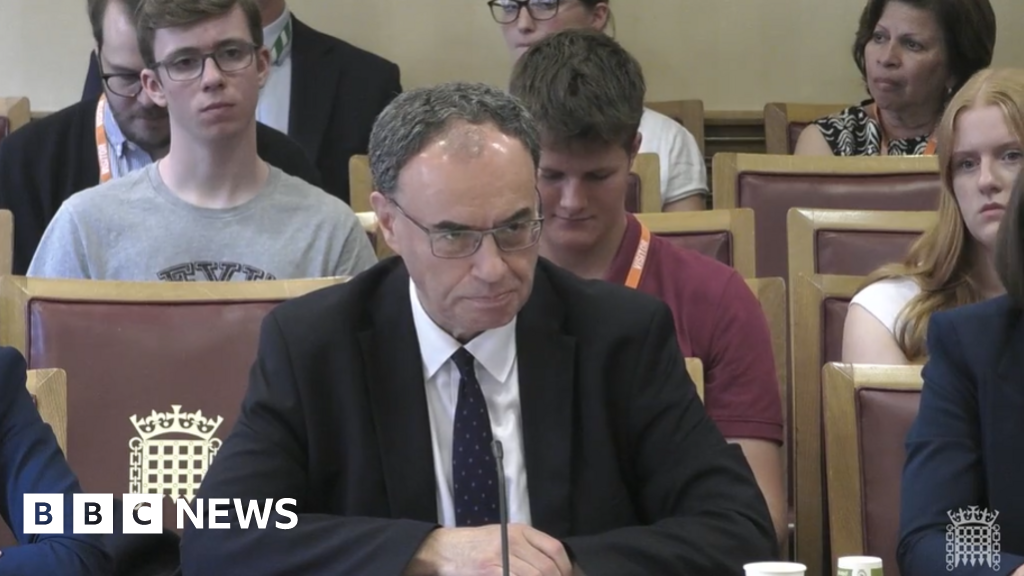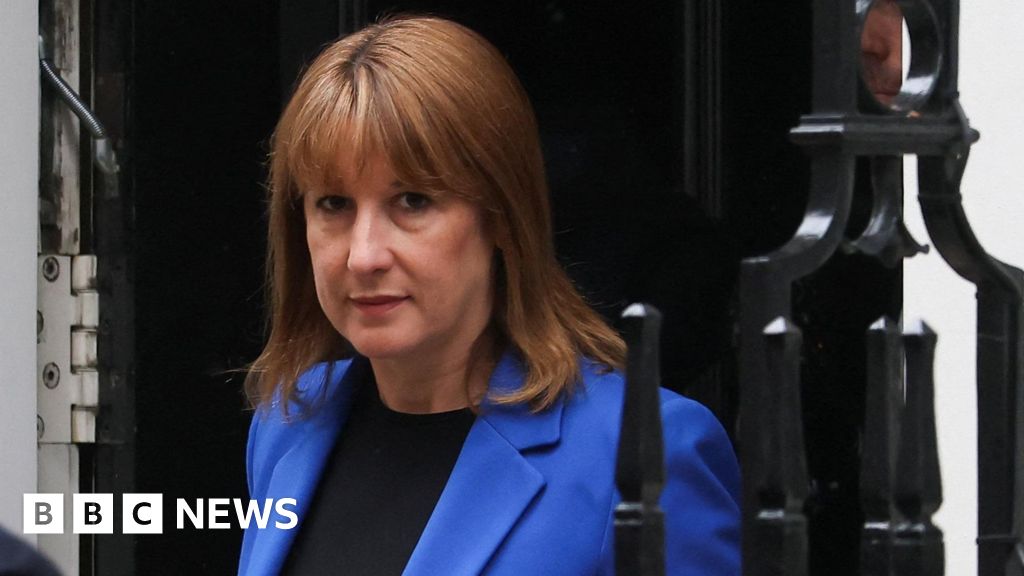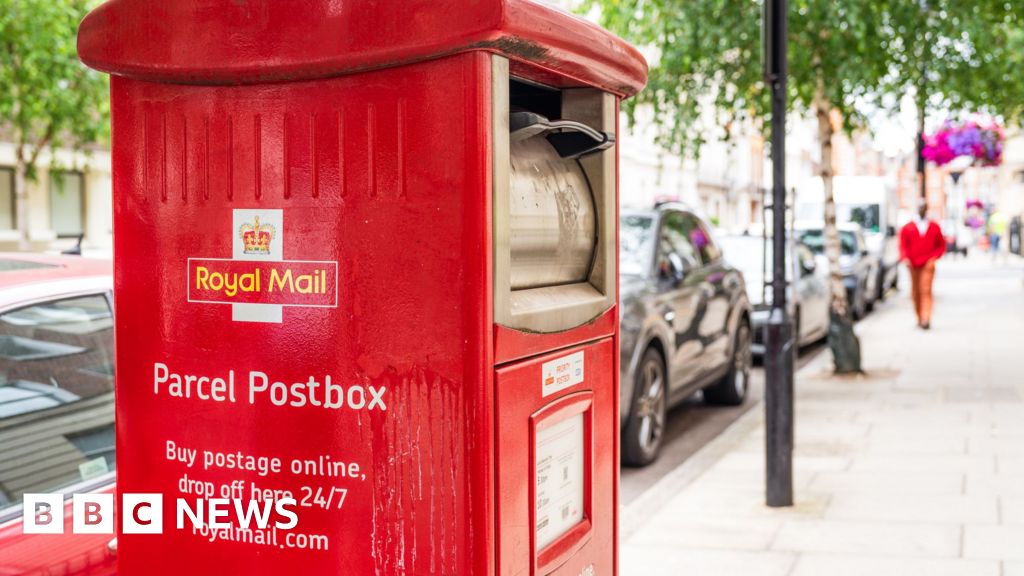The National Trust has announced plans to cut 6% of its current workforce, about 550 jobs, partly blaming an inflated pay bill and tax rises introduced by Chancellor Rachel Reeves.
The heritage and conservation charity said it was under “sustained cost pressures beyond our control”.
These include the increase in National Insurance contributions by employers and the National Living Wage rise from April, which the National Trust said had driven up wage costs by more than £10m a year.
The cost-cutting measures are part of a plan to find £26m worth of savings.
“Although demand and support for our work are growing with yearly increases in visitors and donations; increasing costs are outstripping this growth,” the charity said in a statement.
“Pay is the biggest part of our costs, and the recent employer’s National Insurance increase and National Living Wage rise added more than £10m to our annual wage bill.”
A 45-day consultation period with staff began on Thursday and the Trust – which currently has about 9,500 employees – said it was working with the Prospect union “to minimise compulsory redundancies”.
Prospect said though cost pressures were partly to blame, “management decisions” also contributed to the Trust’s financial woes.
The union’s deputy general secretary, Steve Thomas, said “once again it is our member who will have to pay the price”.
“Our members are custodians of the country’s cultural, historic and natural heritage – cuts of this scale risk losing institutional knowledge and skills which are vital to that mission,” he said.
The Trust is running a voluntary redundancy scheme, and is expecting that to significantly reduce compulsory redundancies, a spokeswoman said.
The job cuts will affect all staff from management down, and everyone whose job is at risk will be offered a suitable alternative where available, the spokeswoman added.
Following consultations, which will finish in mid-to-late August, the cuts will be made in the autumn.
Chancellor Rachel Reeves announced the rise in National Insurance contributions by employers in last October’s Budget.
But the move led to strong criticism from many firms, with retailers warning that High Street job losses would be “inevitable” when coupled with other cost increases.
The hike in employer NICs is forecast to raise £25bn in revenues by the end of the parliament.


















































